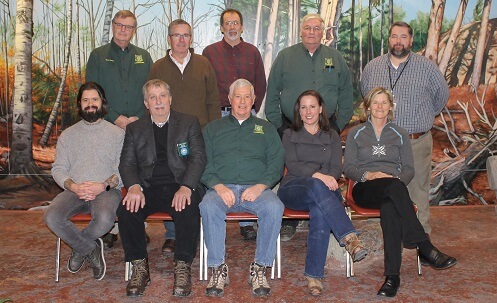
Many states have Fish and Game agencies which administer resources related to wildlife.
In New Hampshire, we have:
NH Fish and Game Department biologists make recommendations on how wildlife should be managed using data from past seasons which they believe reflect the health of wildlife populations.
New Hampshire Fish and Game Department is a state agency which started life as the Fisheries Commission in 1865. Since then, it has grown to have tremendous responsibility in ensuring all of New Hampshire’s wildlife has a steward as a function of our state.
The New Hampshire Fish and Game Department describes its mission as:
As the guardian of the state’s fish, wildlife and marine resources, the New Hampshire Fish and Game Department works in partnership with the public to:
You can think of the agency like any other government agency – professional workers doing public jobs.
New Hampshire Fish and Game Commission is composed of members appointed by New Hampshire’s Governor (with consultation from the NH Executive Council).
The commission has 11 members representing each county and one more commissioner for the coastal area. The commission’s own charter necessitates that the members must be informed on the subject of fish and wildlife, though in practice membership and appointments are based on a number of criteria other than wildlife expertise.
No more than a slight majority (six commissioners) may be members of the same political party.
A requirement for being on the commission is having a hunting, fishing or trapping license for 5 of the previous 10 years.
You can think of the commission like a Board of Directors — they exert substantial control over the Fish and Game Department.
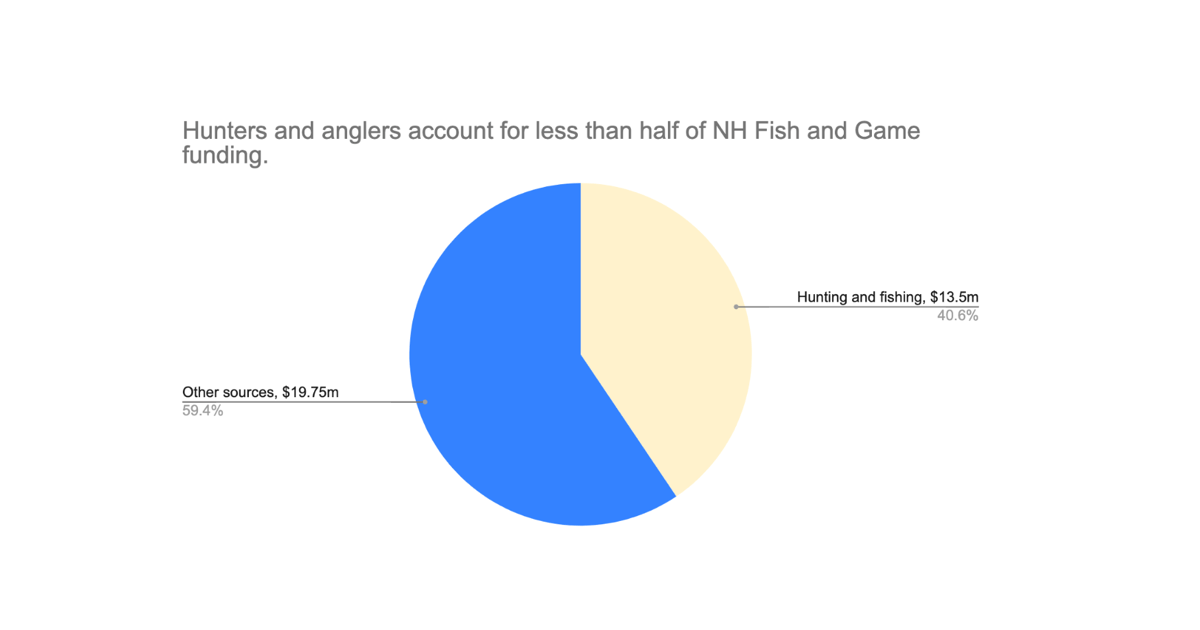
he New Hampshire legislature assigned the responsibility of managing New Hampshire’s public trust fish and wildlife to the Fish and Game Department. Funding of New Hampshire Fish and Game Department has become more diverse as broader needs and interests have been assigned to it by the New Hampshire legislature. These additional duties include management of non-game species, Search and Rescue and licensing and policing Off-Road Recreational Vehicles. New Hampshire Wildlife Coalition believes diverse funding strengthens our Fish and Game Department and benefits fish and wildlife populations throughout the state. But it also means that those broader interests should be involved in policy development.
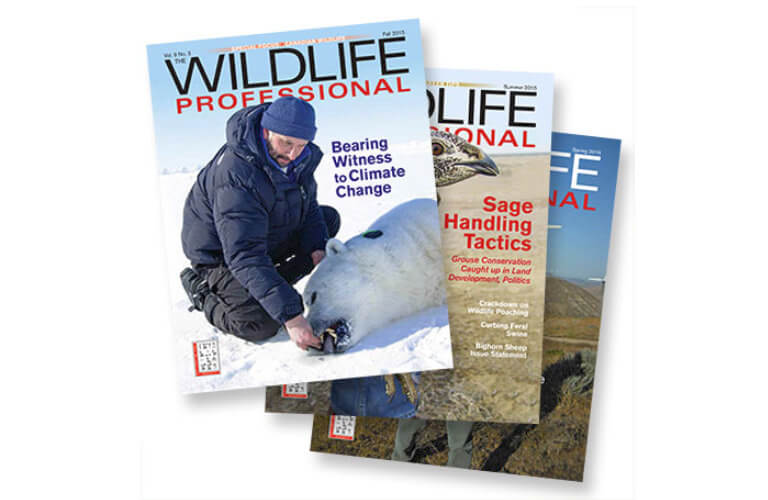
John A. Litvaltis writes on the fundamental mismatch of interests created by New Hampshire Fish and Game’s funding scheme for the February 2017 issue of The Wildlife Professional, the premiere publlication of The Wildlife Society.
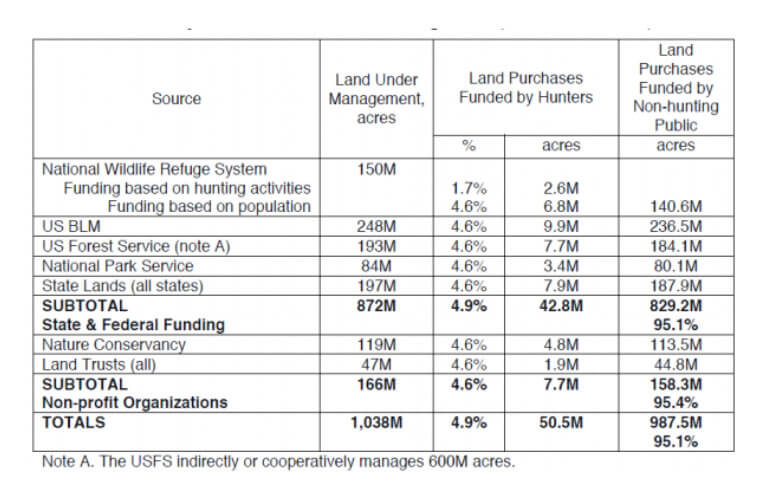
Hunters do not contribute significant financial support to New Hampshire Fish and Game or wildlife conservancy and as a result their influence is unjustifiably large.
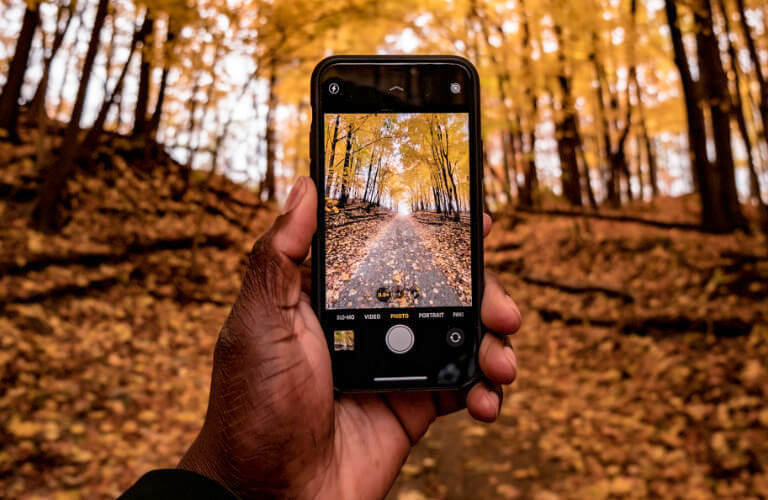
Smart phones make capturing nature easier than ever – and making a hobby out of our natural environment is increasingly common. Over 40% of Americans participate in wildlife-related activities.
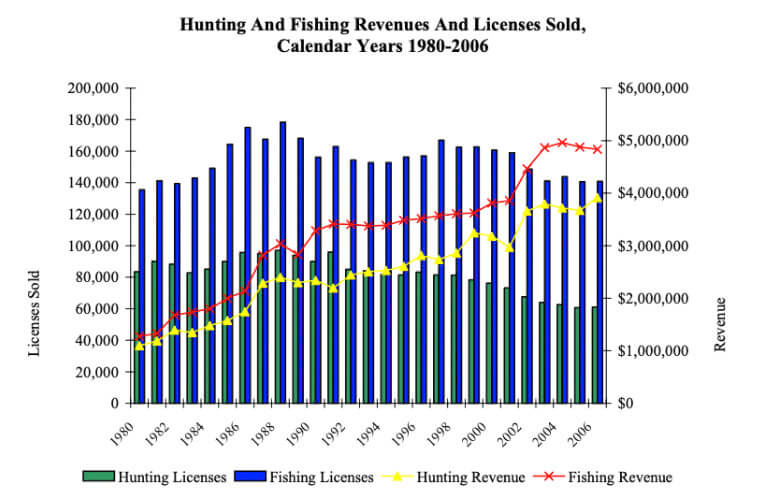
In January of 2008, New Hampshire Office of Legislative Budget Assistant completed an audit of the revenue of the department. The report includes warnings about the department’s reliance on hunting and fishing licenses in light of clear signs of declining public interest in hunting and fishing and surging interest in other nature-related hobbies and activities. To date, no action has been taken on the recommendations.
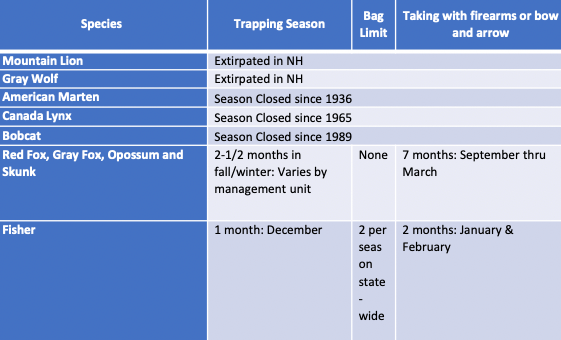
Includes species, general season descriptions, bag limits, and firearms vs. bow and arrow.